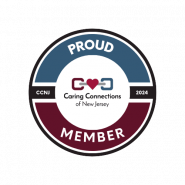You might have gastroesophageal reflux disease (GERD) if you experience acid reflux occurring more than twice a week. This happens when the contents from your stomach come back up into your esophagus.
Around 1 in 5 Americans suffer from GERD, which can cause a variety of painful symptoms. If left untreated, it could lead to serious problems, according to the NIDDK.
GERD symptoms
GERD’s primary symptom is acid reflux, which gives you a burning feeling in your chest. This may extend to your neck and throat, causing heartburn. If you have acid reflux, you might also get a sour or bitter taste at the back of mouth or regurgitation of food/liquid from stomach to mouth.
Some other symptoms of GERD include:
- nausea
- chest pain
- pain when swallowing
- difficulty swallowing
- chronic cough
- a hoarse voice
- bad breath
GERD treatment options
To reduce GERD symptoms, your doctor will likely recommend some lifestyle changes, such as:
- maintaining a moderate weight, if applicable
- quitting smoking, if you smoke
- avoiding big, heavy meals in the evening
- waiting a few hours after eating to lie down
- elevating your head during sleep (by raising the head of your bed 6-8 inches)
Medication
The following medications can be taken without a prescription, but they may also have some side effects. Ask your doctor which one would work best for you.
Antacids
If you find that you need antacids frequently, it might be time to get a stronger medication from your doctor. Tums and other antacids are generally intended for treating mild and infrequent heartburn or acid reflux.
H2 receptor blockers
Acid reducers, such as Pepcid AC, prevent your stomach fromsecreting too much acid. H2 blockers come in both over-the-counter (OTC) and prescription forms. The FDA recalled ranitidine, which is also referred to as Zantac after discovering it containing N-Nitrosodimethylamine (NDMA), an ingredient associated with cancer.
Proton pump inhibitors (PPIs)
Proton pump inhibitors (PPIs) like Prilosec don’t just lower the level of acid in your stomach— they also reduce your risk for future esophageal lining damage. H2 blockers may not be as strong, so these are worth thinking about if you’ve had GERD for a while now.
Princeton Medical Institute is currently seeking participants for a wide range of research studies. All study related visits, lab work, medications, and procedures are provided at no cost to those who qualify for the study. Qualified participants will receive compensation for time and travel. Contact our staff today and see if you’re eligible to join a research study.



